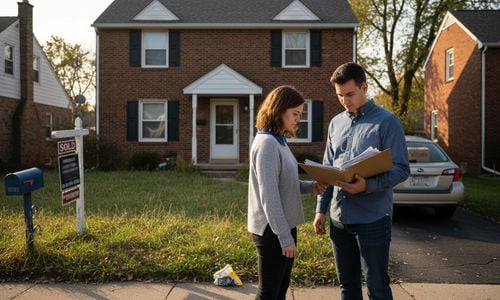Schools In The Area
Browse local schools, complete with ratings and contact info.
Webb Elementary School
248-658-5902
Public
PK-12
Ferndale Middle School
248-541-1783
Public
6-8
Edison
248-658-5400
Public
KG-12
University High School
248-586-8846
Public
9-12
Webb Elementary School
248-658-5902
Public
PK-12
Ferndale Montessori Center
248-548-4154
Private
PK-KG
Edison
248-658-5400
Public
KG-12
Jardon Vocational School
248-658-5950
Public
PK-12
Webb Elementary School
248-658-5902
Public
PK-12
Ferndale Middle School
248-541-1783
Public
6-8
Edison
248-658-5400
Public
KG-12
Jardon Vocational School
248-658-5950
Public
PK-12
Webb Elementary School
248-658-5902
Public
PK-12
Ferndale Middle School
248-541-1783
Public
6-8
Edison
248-658-5400
Public
KG-12
Jardon Vocational School
248-658-5950
Public
PK-12
University High School
248-586-8846
Public
9-12
Ferndale High School
248-548-8622
Public
9-12
Webb Elementary School
248-658-5902
Public
PK-12
Tri County Educational Center
248-586-8885
Public
9-12
Edison
248-658-5400
Public
KG-12
Jardon Vocational School
248-658-5950
Public
PK-12





